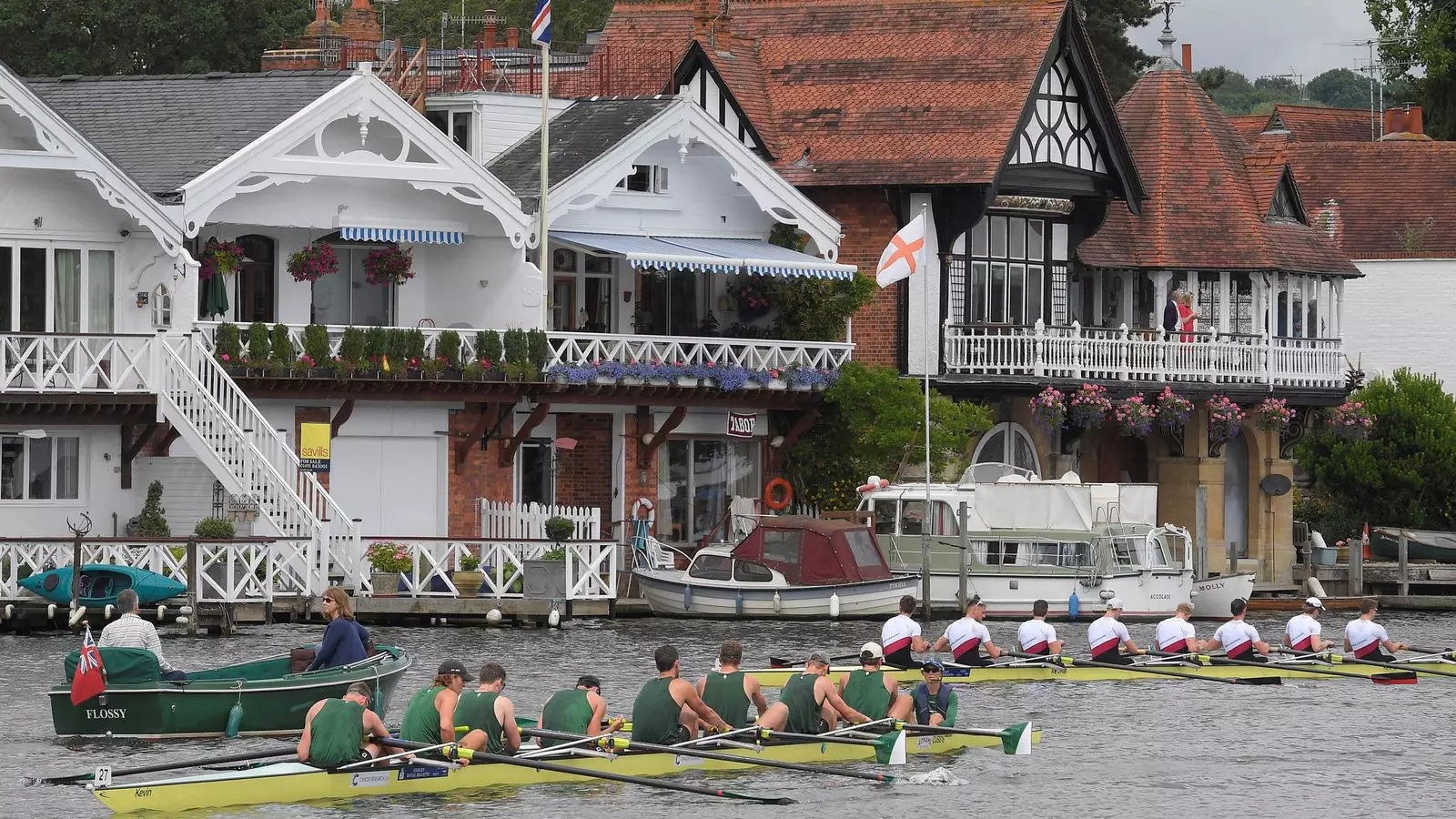The Henley and Marlow River Action Group has raised serious concerns about the levels of E.coli bacteria in the section of the River Thames where the upcoming Henley Royal Regatta is set to take place. An average of 1,213 E.coli colony forming units per 100ml of water was found during testing, significantly exceeding the Environment Agency’s inland bathing water quality standards.
According to the testing conducted by the River Action Group, anything higher than 900 CFUs per 100ml of water fails the safety standards set by the Environment Agency, indicating that the water is unsafe for swimming. The recorded levels of E.coli in the river, with the highest reading reaching 25,000 CFU/100ml, are alarming and pose a serious health risk to those participating in the regatta or engaging in activities in the water.
Thames Water, the responsible water company for sewage treatment in the Henley stretch of the Thames, has stated that their monitoring has found E.coli levels to be within acceptable limits under dry conditions. They have attributed the spikes in E.coli levels after rainfall to various sources, including farming, industry, road runoff, and wildlife, and have emphasized that their sewage treatment works have not released untreated effluent since May.
The presence of high levels of E.coli in the water poses significant public health risks, as the bacteria can cause a range of infections including urinary tract infections, cystitis, intestinal infections, stomach cramps, bloody diarrhea, vomiting, and even life-threatening sepsis. Rowers and individuals participating in water activities during the regatta are advised to take precautions such as covering any wounds, avoiding swallowing river water, wearing appropriate footwear, and thoroughly cleaning equipment.
Water pollution has become a prominent issue in the political landscape, with promises from various parties to address the problem. The Liberal Democrats have pledged to protect chalk streams and bathing areas from sewage dumping, while Labour has vowed to withhold bonuses from water company executives until pollution is addressed. The Conservatives have highlighted legal requirements for water companies to reduce discharges and increase investment in environmental protection.
The elevated levels of E.coli in the River Thames pose a significant threat to public health and the environment. It is crucial for authorities to take action to address the sources of contamination and ensure that water quality meets regulatory standards to safeguard the well-being of individuals participating in activities along the river. Awareness of the risks associated with water pollution and adherence to safety guidelines are essential in mitigating health hazards and preserving the integrity of natural water bodies.


Leave a Reply